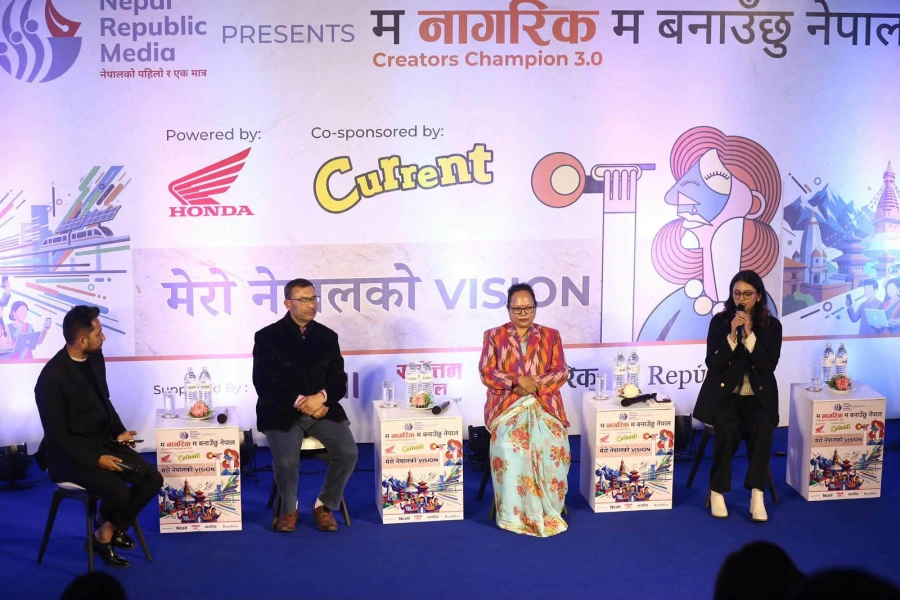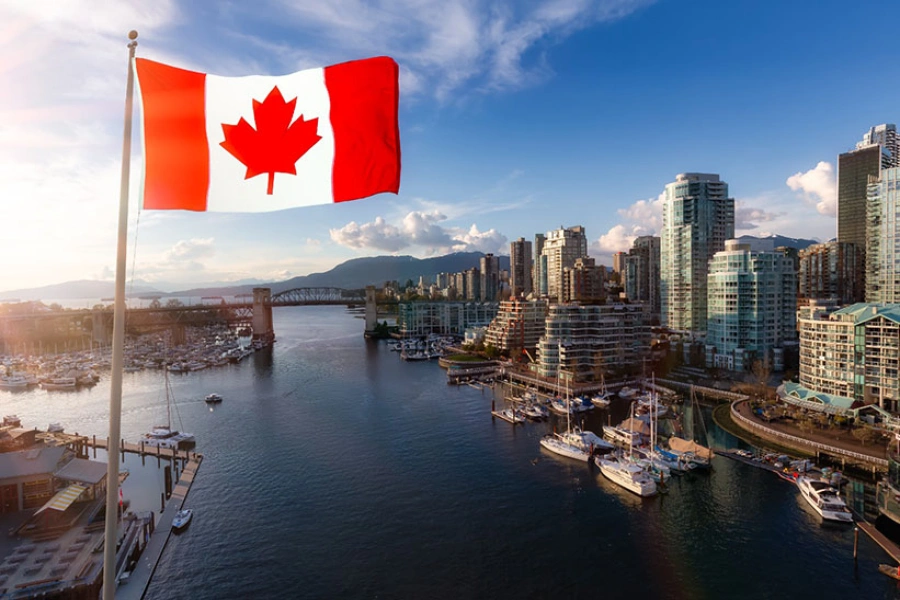In a democracy, political parties play a central role. The foundation of good governance lies in their policies and the leadership they cultivate. The direction a country takes—toward progress or stagnation—depends largely on the decisions and choices made by political parties. Among leftist groups, the notion that those who set the policies should also lead is often emphasized. Meanwhile, democratic parties with liberal values are generally viewed as better positioned to deliver quality leadership. In Nepal, although parties often label themselves as either democratic or leftist, their behavior has increasingly converged. In recent years, the ideological differences among them have become nearly indistinguishable. Currently, the ruling CPN-UML is engaged in discussions ahead of its upcoming Statute Convention scheduled for August 4 to 6. The Politburo meeting has begun debating proposals approved by the party’s Secretariat. When it comes to deliberating through formal committee systems, the UML has demonstrated a strong culture of institutional process. Among the key proposals under discussion are setting a 70-year age limit for leadership positions and restricting officeholders to two terms. While the Secretariat and Politburo have already endorsed the proposal to remove the 70-year age and two-term caps in the party’s top positions, the party’s Central Committee is currently deliberating on the issue.
New candidates face same old demands in Baitadi

Within the UML, the proposed 70-year age cap has long been contentious. While some leaders have been sidelined due to this limit, others have found ways to remain in power. Ultimately, the number of terms a person serves may be more significant than their age. In the US, for instance, presidents are limited to two terms, after which they step away from official roles. In Nepal, however, true power is perceived to rest with party leadership, often more so than with elected office. Control of the party effectively means control of the government. As a result, the same handful of figures has dominated Nepal’s political landscape for over three decades. One steps down, another returns—only to rotate again. National politics has remained centred around UML Chair KP Sharma Oli, Nepali Congress (NC) President Sher Bahadur Deuba and Maoist Centre Chairman Pushpa Kamal Dahal. Because these leaders continually return to power, there are growing calls to introduce term limits within parties. Implementing such limits would open space for fresh and capable leaders to emerge, potentially enhancing governance. Without changes in party leadership, the entry of new figures into government remains unlikely.
There is no denying the fact that even senior leaders without formal positions can still make valuable contributions. However, history shows that repeatedly giving opportunities to the same individuals often fails to produce better results. In Malaysia, Mahathir Mohamad returned as prime minister at age 90 and remained physically active even as he approached 100. Yet he ultimately stepped aside, recognizing the need for leadership transition. In the US, concerns about President Joe Biden’s health sparked discussions about Vice President Kamala Harris as a potential successor. While that transition did not occur, Donald Trump—despite his age—returned to contest a second term. Adopting a two-term limit for top positions would streamline political processes and help restore public trust. It would also create space for many deserving leaders within parties who currently remain sidelined. In the UML, for instance, several competent leaders are ageing without having had the opportunity to lead. The same is true for the NC, where President Deuba’s continued hold on leadership blocks the path for others. In the Maoist Centre, there is still no clear successor to Chairman Dahal, although a few leaders have occasionally challenged his dominance. Political parties must therefore adopt and implement clear policies on leadership succession. If the major parties were to establish strong traditions of power transfer after certain term limits, it would be a meaningful contribution to democratic culture. It would also help break the cycle where a few individuals monopolize power while others are systematically excluded. Whether it is the UML preparing for its Statute Convention or the NC heading toward its General Convention next year, both should commit to this path. Experience has already shown that as long as one person remains permanently at the helm, no political party—however democratic it claims to be—can function with a truly liberal and inclusive spirit.








































